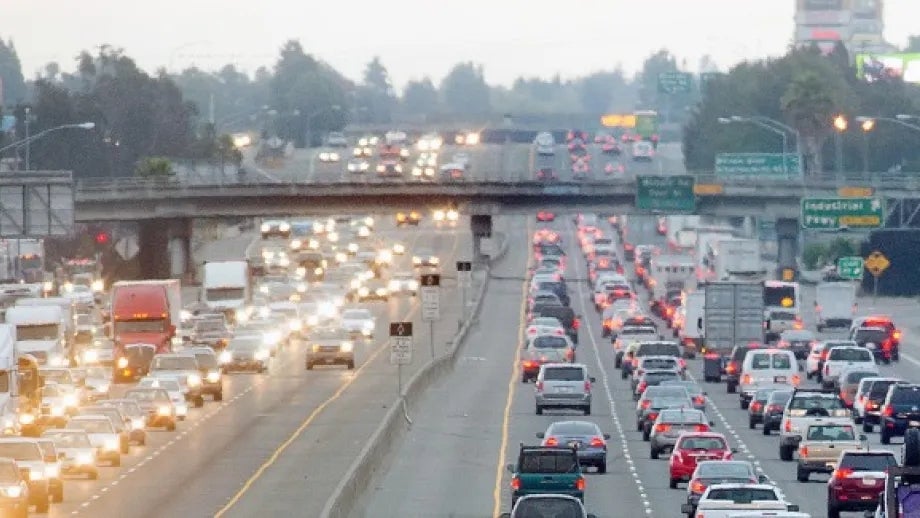Volunteers Needed for California’s Road Charge Pilot
SACRAMENTO, CA – California is actively seeking 5,000 volunteers to take part in a free study that could shape the way drivers are charged for road usage. Called for by the Legislature in 2014, the Road Charge Pilot Program will produce information for further study on the concept of a “road charge” program. State officials aim to recruit a large number of volunteers reflective of the vast geographic and socioeconomic diversity of the state.
The California Road Charge Technical Advisory Committee released its final recommendations for the statewide road charge pilot study—a system where drivers could pay for road maintenance and repairs based on the number of miles they drive, rather than how much gas they consume. Senate Bill (SB) 1077, signed by the Governor in September 2014, called for the pilot program. The free pilot program will inform the Legislature’s decision on whether moving forward with a full-scale permanent road charge program, potentially replacing the gas tax, is worthwhile. The state’s current transportation funding system relies on revenue from fuel taxes, which continue to decline with fluctuating gas prices, increased use of hybrid and electric vehicles and overall improvements in new vehicles’ fuel economy.
Volunteer participation and feedback will be vital in fine-tuning the proposed program that could eventually tie highway funding with road usage rather than gas tax proceeds. Volunteer drivers will be able to choose from one of several mileage reporting methods that California will be testing. Volunteering is free and no actual money will be exchanged. Participants will have the choice of submitting mock payments via mail or a secure website for testing purposes. Volunteers can enroll at www.CaliforniaRoadChargePilot.com.
“Our recommendations reflect the input we received from hundreds of stakeholders and individuals that represent every region of the state,” said Jim Madaffer, Chair of the Technical Advisory Committee. “While this endeavor has been rigorous, it resulted in the unique opportunity to examine a per-mile road charge mechanism as a potential long term solution to the issue of declining transportation revenue facing California.”
Caltrans maintains 50,000 lane-miles of highway and nearly 13,000 state-owned bridges. However, the state’s current fuel excise tax is sufficient to fund only $2.3 billion of work, leaving $5.7 billion in unfunded repairs each year. If this trend continues, the transportation funding gap will continue to grow and road maintenance and repair needs will continue to escalate.
“The gas tax is outdated and no longer capable of meeting all of our future transportation revenue needs,” said Will Kempton, Executive Director of the California Transportation Commission. “The pilot is an excellent opportunity to study road charging and should provide the Legislature the data it needs to better determine whether and how this idea might work in California.”
At the conclusion of the pilot, the California State Transportation Agency will issue a report with its findings to the Legislature, the Road Charge Technical Advisory Committee, and the California Transportation Commission. Following receipt of that report, the Commission will make its recommendations regarding the pilot program to the Legislature, which will consider whether to proceed with implementing a road charge system in California.
More information about the California Road Charge Pilot Program and participant volunteer information is available at www.CaliforniaRoadChargePilot.com.
Contacts:
Tamie McGowen, Caltrans Headquarters, (916) 657-5060
The California Road Charge Technical Advisory Committee was created by the California Transportation Commission on January 21, 2015, to study road charging pursuant to Senate Bill 1077 (2014). The volunteer committee represents a variety of interests and stakeholders from across the state including highway user groups, data security experts, privacy rights organizations, social equity groups, regional transportation agencies, business interests, national research and policymaking bodies, members of the Legislature and representatives from the telecommunications industry.


Submit your comment
In order to receive a reply to your comment, please provide an email address.